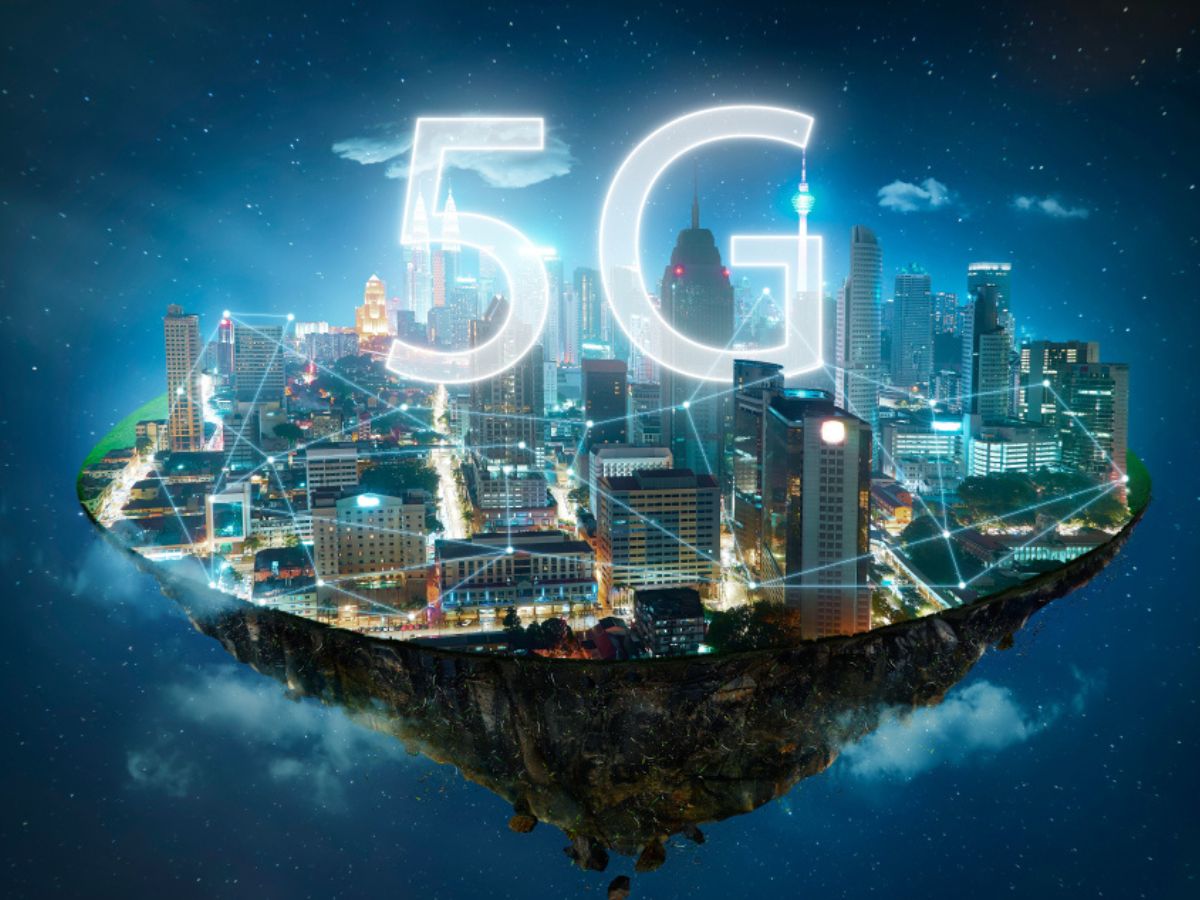The advent of 5G technology is poised to revolutionize the way we communicate, work, and interact with the world around us. In India, this cutting-edge technology is not just a leap forward in telecommunications but also a catalyst for economic growth, innovation, and digital empowerment. Let’s delve into the significance of 5G technology in India and its potential impact on various sectors.

1. Unprecedented Speed and Connectivity:
5G technology promises lightning-fast data speeds, significantly reducing latency and enhancing connectivity. With download speeds potentially reaching up to 10 gigabits per second, streaming high-definition videos, immersive gaming, and real-time communication will become seamless experiences. This enhanced connectivity will not only benefit individual users but also revolutionize industries such as healthcare, manufacturing, and education.
2. Empowering Digital India:
India’s ambitious Digital India initiative aims to transform the country into a digitally empowered society and knowledge economy. The deployment of 5G networks will play a pivotal role in realizing this vision by enabling ubiquitous connectivity, bridging the digital divide, and empowering millions with access to essential services, education, and employment opportunities.
3. Accelerating Economic Growth:
The rollout of 5G technology is expected to fuel economic growth by unlocking new opportunities for innovation and entrepreneurship. Industries such as autonomous vehicles, smart cities, Internet of Things (IoT), and augmented reality (AR) will flourish with the ultra-low latency and high reliability offered by 5G networks. India’s vibrant startup ecosystem is poised to leverage these opportunities, driving technological advancements and creating employment opportunities across the country.
4. Transforming Healthcare and Education:
In healthcare, 5G technology will enable remote patient monitoring, telemedicine, and advanced surgical procedures conducted remotely through augmented reality. Similarly, in education, 5G-powered immersive learning experiences will revolutionize remote education delivery, making high-quality education accessible to students in even the most remote corners of the country.
5. Infrastructure and Regulatory Challenges:
While the potential benefits of 5G technology are immense, India faces several challenges in its deployment. The rollout of 5G networks requires substantial investment in infrastructure, including the deployment of new towers and the upgrading of existing infrastructure. Additionally, regulatory frameworks need to be adapted to facilitate the smooth deployment and operation of 5G networks while addressing concerns related to spectrum allocation, security, and privacy.
Conclusion:
As India prepares to embrace the era of 5G technology, it stands at the cusp of a digital revolution that has the potential to transform the country’s socio-economic landscape. By leveraging the power of 5G technology, India can accelerate its journey towards becoming a global powerhouse in innovation, technology, and connectivity, unlocking new opportunities for growth, development, and prosperity for all its citizens.